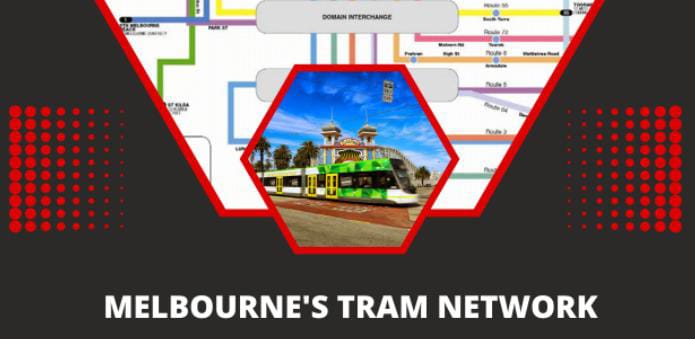
Global Logistics Innovations: Navigating the Supply Network
In today’s rapidly evolving business landscape, the field of transport and logistics has seen a significant transformation. The integration of advanced technologies, changing consumer expectations, and a globalised economy have prompted innovative solutions to navigate the complex supply network. In this article, we will explore how these innovations are reshaping the transport and logistics industry and driving more efficient and sustainable supply chain solutions.
Digitalization and Automation
One of the most notable innovations in global logistics is the widespread adoption of digitalization and automation. Modern supply chain solutions are leveraging technologies like IoT (Internet of Things), RFID (Radio-Frequency Identification), and AI (Artificial Intelligence) to gain real-time visibility into the movement of goods. This enhanced transparency allows businesses to track shipments more accurately, optimise routes, and anticipate potential disruptions. Furthermore, automation in warehouses and distribution centres has improved efficiency, reduced human error, and lowered labour costs.
Blockchain for Supply Chain Management
Blockchain technology has gained significant traction in the logistics industry. Its decentralised ledger system offers secure, transparent, and immutable records of all transactions, making it ideal for supply chain management. Through blockchain, stakeholders across the supply network can access a single source of truth, reducing disputes, fraud, and the need for intermediaries. This innovation not only enhances trust but also strengthens the traceability of products, enabling businesses to meet stringent regulatory requirements and consumer demand for transparency.
Sustainability Initiatives
In recent years, sustainability has become a critical driver of innovation in global logistics. As environmental concerns intensify, companies seek eco-friendly supply chain solutions to reduce their carbon footprint. Innovations like electric and autonomous vehicles, the use of alternative fuels, and optimization algorithms for route planning are helping companies minimise emissions and operate more sustainably. Furthermore, the trend towards greener practices is fostering collaboration between logistics providers and organisations promoting sustainability.
Predictive Analytics
The integration of predictive analytics has revolutionised how logistics professionals make decisions. By analysing historical data and real-time information, businesses can make more accurate forecasts about demand, inventory levels, and potential disruptions. Predictive analytics helps optimise inventory management, reduce carrying costs, and enhance the overall supply chain efficiency. Additionally, it enables businesses to proactively address issues before they turn into critical problems, thereby minimising risks and improving customer satisfaction.
3D Printing and On-Demand Manufacturing
3D printing is another innovation transforming the supply chain. This technology allows companies to produce goods on demand, reducing the need for vast warehouses and long-distance transportation of finished products. As a result, supply chains can become more agile and responsive to fluctuating demand. Additionally, 3D printing can reduce the lead times and costs associated with producing spare parts, further improving supply chain efficiency.
Collaborative Ecosystems
The era of siloed supply chain operations is coming to an end, as businesses recognize the benefits of collaborative ecosystems. Companies are forming partnerships and networks with their suppliers, distributors, and even competitors to share resources and information. These collaborative ecosystems foster better coordination and resource optimization, leading to more resilient and efficient supply chains. In such ecosystems, risk-sharing, innovation, and the pooling of resources become integral components of the supply network.
Last-Mile Innovations
The last mile, the final stage of delivery to the end consumer, has been a constant challenge in the logistics industry. Innovations in this space include autonomous delivery vehicles, drones, and urban fulfilment centres. These solutions aim to expedite the delivery process, reduce costs, and enhance the customer experience. The rise of e-commerce has intensified the focus on last-mile innovations, as consumers expect faster and more convenient delivery options.
In conclusion, the transport and logistics industry is undergoing a profound transformation driven by technological advances and changing market dynamics. The digitalization and automation of supply chains, the adoption of blockchain for transparency, sustainability initiatives, predictive analytics, 3D printing, collaborative ecosystems, and last-mile innovations all contribute to more efficient and sustainable supply chain solutions.







